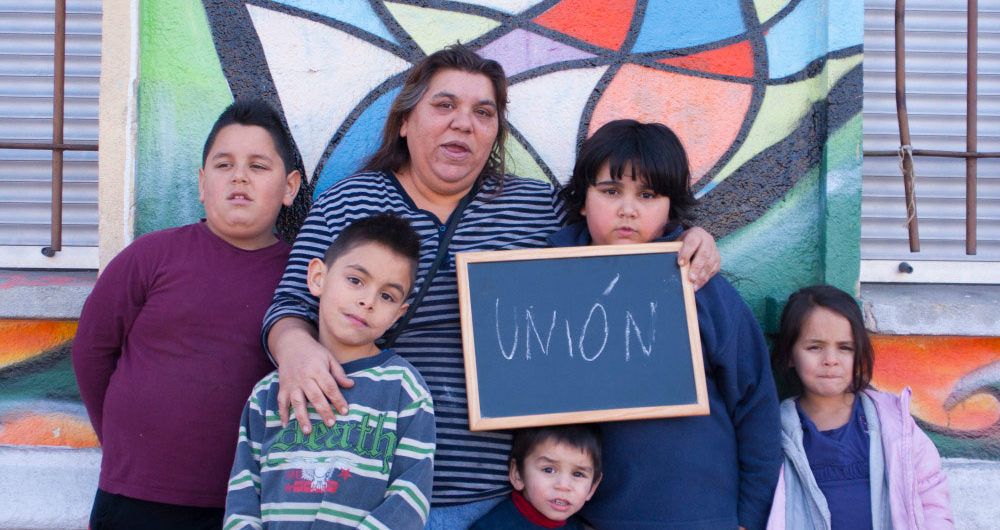Acts of Solidarity | Álvaro Iniesta Perez

 By Álvaro Iniesta Pérez
By Álvaro Iniesta Pérez
The World Day for Overcoming Poverty, celebrated each year on October 17, brings together people who believe that in order to build a fair, united, and peaceful society, we must join forces by pulling the world’s strength and minds together. This day in particular prompts us to remember that people who live in poverty are key players whom we must recognise, work with, and join with in this fight.
These individuals are too often ignored and unseen by the rest of society. However, it is they — the very people who are discounted — who are able to demonstrate what we try to express: regardless of income level, everyone has something to offer. Their actions show that the first people to support others who are living through hard times – hard times often caused by poverty – are those who have themselves experienced the same hardship.
Following are some examples I have seen of this sort of support. (Actual names have been changed to respect privacy.)
- Thanks to Cándida, Manuel was hospitalised and treated immediately after his cardiac arrest. She now visits him regularly as well as advocating for him. Both Cándida and Manuel live in run-down neighbourhoods, in destitution, far from the city. If it weren’t for Cándida, Manuel wouldn’t have survived.
- Miguel helped María and her children while María was going through a very hard time. At one point, María’s husband was in jail and she and her family were evicted from their flat. Miguel helped her find a place to stay, sparing her and her children from living on the streets.
- For several months, Señora Marisa welcomed her son and his wife into her flat to ensure that their newborn baby would be able to live in better, safer conditions. At the time, the young family had been living in a lorry, in an industrial area on the outskirts of the city. As well as her son’s family, Señora Marisa has also taken in and is raising three of her grandchildren, so that they grow up in a friendly, welcoming environment.
- A group of women from households that are in conflict have overcome their differences and now get together once a week to make soap. As well as creating their own resources, they have proven that it is possible to look beyond personal conflicts and help build a peaceful economy in a neighbourhood hijacked by drug trafficking.
- Ana María, who lives in a shelter, knows other people who live there, many of whom have been abandoned. She also knows that they have important things to offer; so she conducts surveys in the shelter and writes down residents’ answers, which she passes on to the ATD Fourth World team. This ensures that the voices and opinions of the people in this shelter are heard and respected when ATD holds meetings nearby.
- Alfredo is aware that his friend, Ramón, has been in a conflict that prevents him from approaching any organizations. Rather than walk away, Alfredo has addressed the situation and encouraged people working for a relevant organisation to speak to Ramón, understand the root of the problem, and work together to find a solution.
- Concepción brought her younger sister out of the rubbish dump she was living in, took her in, and offered her a place to stay. This has helped Concepción’s sister to stop taking drugs.
- Antonio is retired and has just been released from jail. He was denied access to the pension he had been receiving. José has stepped in and accompanies Antonio to different meetings with social services to help him sort out this situation and ensure that he regains access to his pension.
- Ernesto took Eva in after she ended up on the streets following a fight with her family. Having lived on the streets for a while himself, and therefore aware of its risks, Ernesto has made space in his new home and looks after Eva as if he were her father.
The opinions of people who live in poverty are rarely taken into account when solutions to their living conditions are discussed, nor are they heard at big solidarity events. This is a real shame – not only to people in poverty but also to us collectively as we try to find solutions. The people who recognise and support others who also experience difficult times manage to incorporate amazing acts of solidarity into their daily lives. They fill the word “hope” with a new significance and demonstrate the possibility of a life of dignity for everyone.

